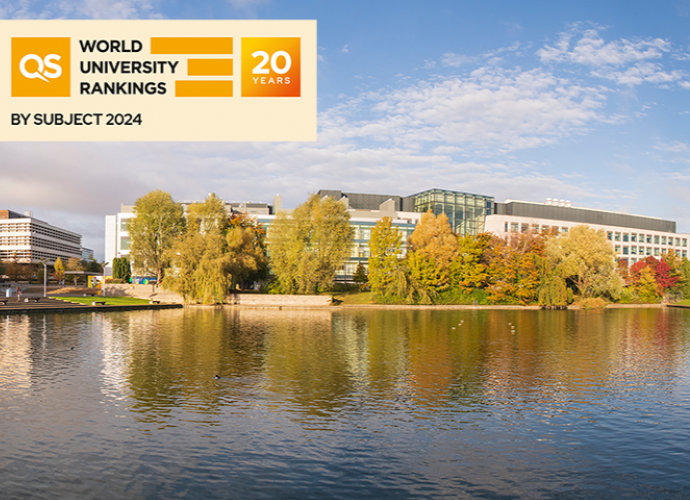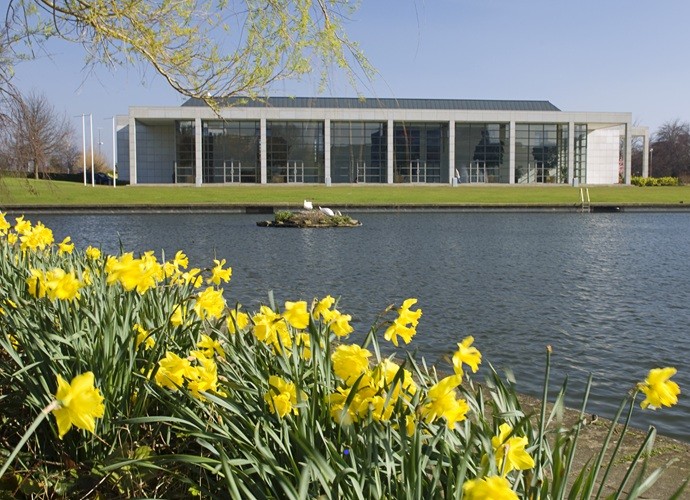
SPIRe PhD Programmes
The UCD School of Politics and International Relations (SPIRe) is the oldest and largest school of its kind in the Republic of Ireland. According to the QS World University Rankings by Subject 2024, UCD School of Politics and International Relations is ranked in the top 100 in the world.
SPIRe offers three PhD programmes:
- PhD Politics and International Relations (Pol & IR)
The other two thematic programmes are inter-disciplinary in nature and can involve co-supervision with other schools/universities
- PhD Quantitative and Computational Social Science (QCSS)
- PhD Global Human Development (GHD)
All of the above are structured programmes which include (1) extensive training in cutting-edge research methods, (2) regular contact with a Research Studies Panel composed of academic staff with expertise related to the student’s interests, and (3) the writing of a doctoral thesis based on original research.
All programmes are full-time and, with the exception of the GHD programme (which allows for a September or January start), have a September start date.
SPIRe only accepts full-time students.
Note: SPIRe only accepts students who have a full scholarship or alternative external funding, to include a full fee remission and appropriate living expenses.
Self-funded applicants are not eligible.
How you can apply to SPIRe
Please note that our School does not accept unfunded applicants, i.e. you must have full scholarship funding for the 3-4 years of your programme. This funding must include fees and an appropriate annual stipend.
UCD Iseult Honohan Doctoral Scholarship
The school operates its own annual scholarship - the UCD Iseult Honohan Doctoral Scholarship. This generally opens for applications at the beginning of November, with a deadline of late January, and is open to candidates for either the Politics and International Relations programme or the Quantitative and Computational Social Science programme.
** The Honohan Scholarship is currently open, closing on 30th January 2026 **
** Also Two Ad Astra Doctoral Scholarships now open - see here **
The Honohan Scholarship has a two-step application process: all applications are first checked for eligibility and then shared with all colleagues in the School to identify suitable supervisors. As such, you are not required to identify a potential supervisor in advance.
If a potential supervisor/s steps forward, there might be an interview. Successful candidates will then be notified.
Further information on the Honohan application process and the eligibility criteria can be found here
Research Ireland Postgraduate Scholarship
The school also supports candidates applying for a (opens in a new window)Research Ireland Doctoral Scholarship. This is a Government of Ireland scheme with its own deadlines and criteria.
The Research Ireland scheme is closed for 2026 entry but should open again around August/September 2026 for September 2027 entry.
Anyone wishing to apply for a Research Ireland scholarship and to be based in SPIRe must do the following:
- Start working informally with a SPIRe faculty member at least a few months in advance of the RI application deadline.
The academic research areas of faculty can be found here - Submit a formal application to SPIRe within the timeframes, and according to the criteria, on this page
All other applicants
Applications outside of the Honohan and Research Ireland processes are accepted on a rolling basis between 1st February and 31st July for EU applicants and between 1st February and 30th June for Non-EU applicants. This applies to the PhD Politics and International Relations and PhD Quantitative and Computational Social Science
Applicants to the Global Human Development programme should follow the instructions on this page

PhD Politics and International Relations
UCD Honohan Doctoral Scholarship and UCD Ad Astra Doctoral Scholarships - Applications now open!!
Applications are now being accepted for the UCD Iseult Honohan Doctoral Scholarship and two UCD Ad Astra Doctoral Scholarships
Deadline for Honohan Scholarship: 30th January 2026 at 5pm Dublin time
Deadline for Ad Astra Doctoral Scholarships: 6th February 2026 at 5pm Dublin time
********************************************************
This is a structured PhD programme offering training in research methods and coursework in the two subject areas of politics and international relations. Applicants to this programme must have completed and earned a minimum of a 2.1 (GPA: 3.6) grade in a taught Masters (MA, MSc, MLitt, etc.) programme in the area of politics and international relations or a cognate field, and articulate a research interest that fits with the expertise of SPIRe’s academic staff.
All students must designate primary and secondary subjects of specialization within politics and international relations and complete PhD seminars covering each subject's core scholarly literature.
Conditional upon approval by the Research Studies Panel, a student's second subject seminar may be taken in a cognate discipline beyond the School. Students will also take courses in research design, and qualitative and quantitative methods. In addition, students have the option of auditing postgraduate modules (in SPIRe, the College of Social Sciences and Law, and in neighbouring institutions) in order to deepen their substantive knowledge and/or methodological skills.

PhD Quantitative and Computational Social Science
UCD Honohan Doctoral Scholarship and UCD Ad Astra Doctoral Scholarships - Applications now open!!
Applications are now being accepted for the UCD Iseult Honohan Doctoral Scholarship and two UCD Ad Astra Doctoral Scholarships
Deadline for Honohan Scholarship: 30th January 2026 at 5pm Dublin time
Deadline for Ad Astra Doctoral Scholarships: 6th February 2026 at 5pm Dublin time
********************************************************
The Quantitative and Computational Social Science (QCSS) programme is built around quantitative and computational social science methods and tools applied to substantive and methodological research questions in the social sciences. The programme brings together the perspectives and research methods of various disciplines such as Economics, Politics, Sociology and Statistics. The QCSS programme provides students with rigorous training in quantitative research and methods, including quantitative text analysis, machine learning, computer vision techniques, agent-based modelling, network analysis, and causal inference. Students will apply these methods in their PhD thesis to answer substantive research questions in Social Sciences.
Students with a quantitative background in any area can undertake the programme. They will undertake various quantitative social science modules offered by the UCD School of Politics and International Relations, the School of Sociology, and the School of Economics. They may also choose modules that are relevant to their own research interest in other UCD Schools.
Successful candidates are invited to join the Connected_Politics Lab, an interdisciplinary hub for researchers using computational methods to study politics and society, the UCD Geary Institute for Public Policy, and/or the (opens in a new window)(opens in a new window)UCD Behavioural Science and Policy group, a centre for research and collaboration on integrating behaviourally-informed ideas into public policy.

PhD Global Human Development
The PhD in Global Human Development (GHD) is a 4 year full time ‘sandwich’ programme offered by UCD. The programme has been developed for government personnel and public servants (such as Higher Education academics, research institutes) from the Global South.
PhD students on the programme are required to spend at least one trimester per academic year at UCD. Upon returning to their home country, the candidates are expected to be in regular contact with their local supervisors.
The aim of this programme is to provide graduate research students and supervisors with what is necessary to conduct top class research in the field of development. Students will be provided with the academic and intellectual tools to work on the issues related to the Millennium Development Goals and poverty reduction through their respective core disciplines and place this within real-world experience and research in the developing world.


